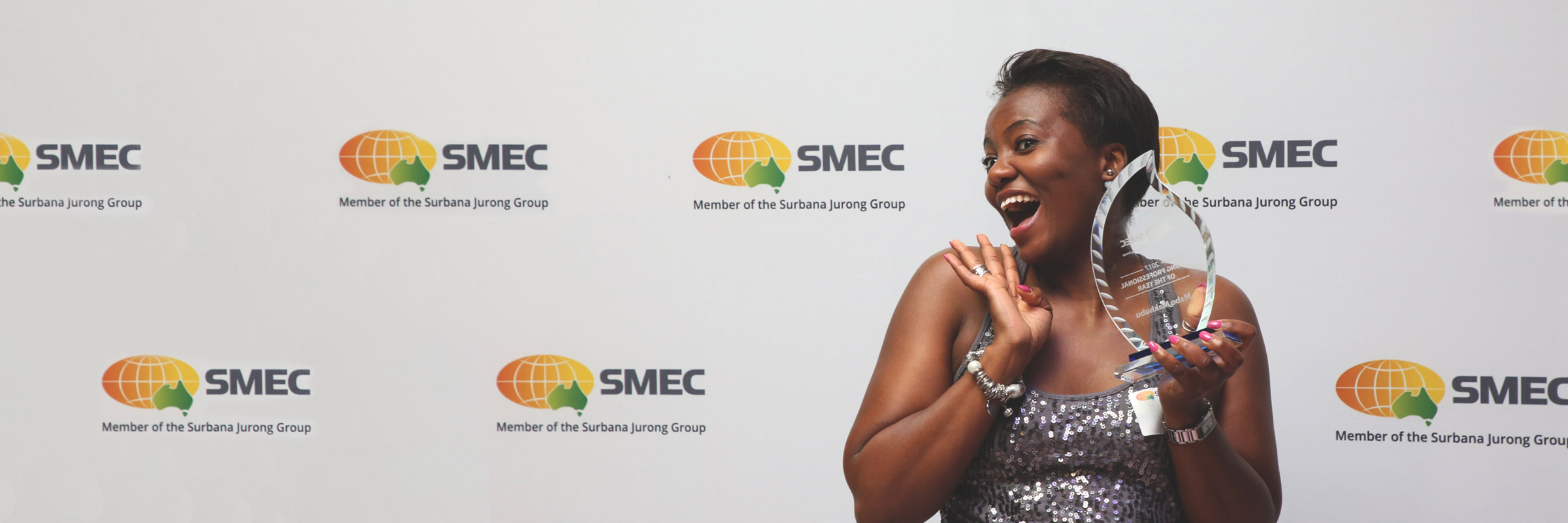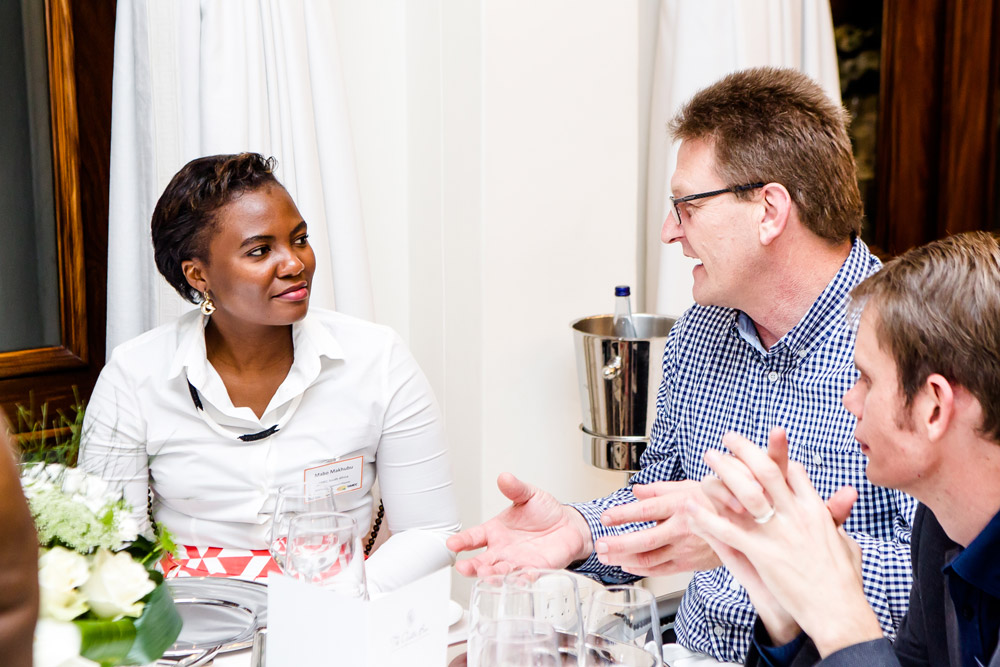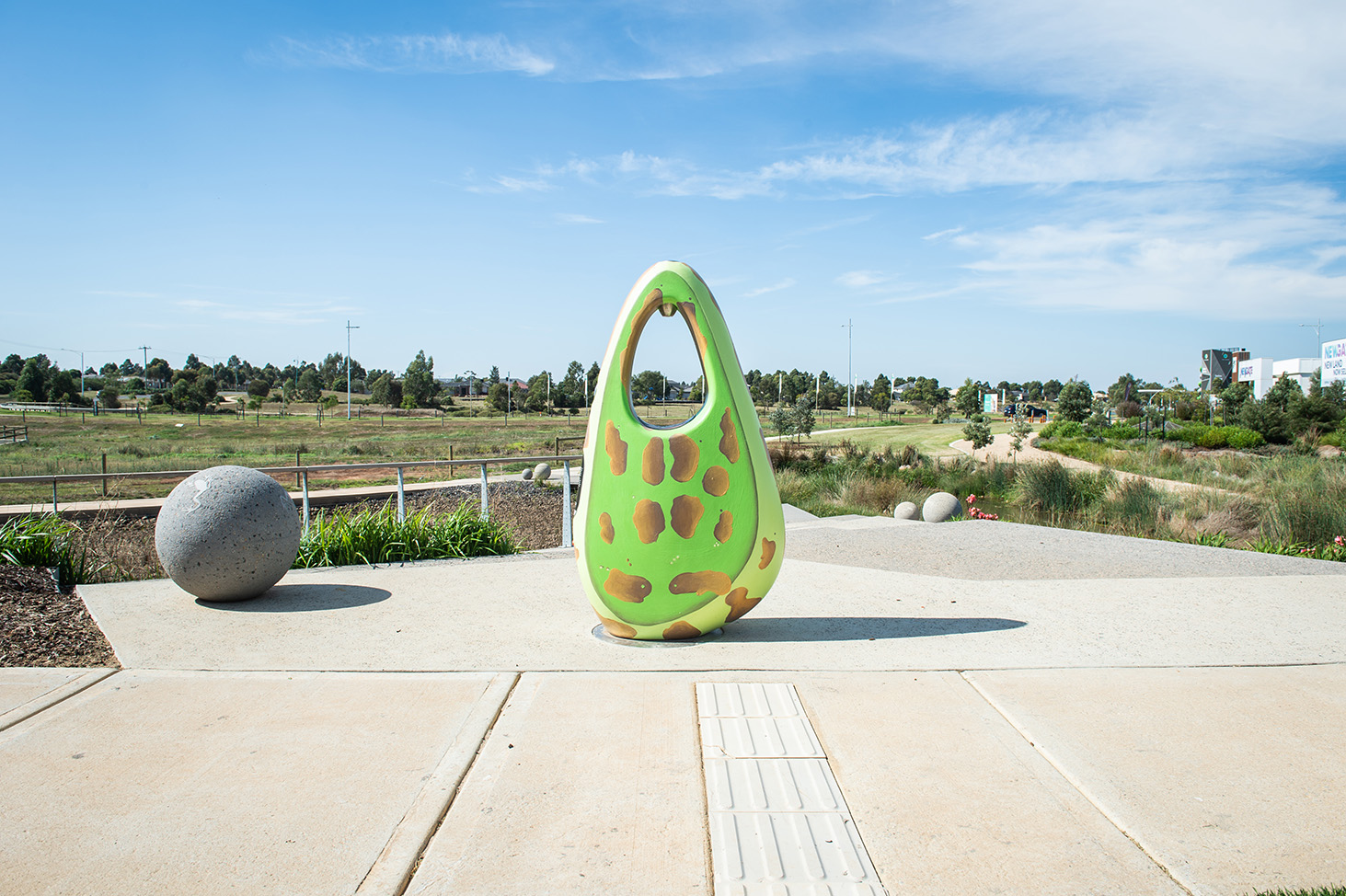
I have to say that being able to put together different elements and make them work is something that translates into both my cooking and my career in social development. The effects of collaboration and pushing boundaries to challenge the norm, without compromising on quality, are skills that I apply to my work and hobbies.”
…putting together different elements and making them work translate into both my cooking and my career in social development.
 When she’s not busy putting her own twist on traditional South African recipes or making Italian, Spanish or Indian dishes (her favourite cuisines), Mabo leads social development projects, working out of SMEC’s Durban office in South Africa. “What drew me into the Social Development field, after completing my BSc Honours in Environmental Management, is wanting to bring about change as well as seeing the difference that my work brings into the lives of people and communities.”
When she’s not busy putting her own twist on traditional South African recipes or making Italian, Spanish or Indian dishes (her favourite cuisines), Mabo leads social development projects, working out of SMEC’s Durban office in South Africa. “What drew me into the Social Development field, after completing my BSc Honours in Environmental Management, is wanting to bring about change as well as seeing the difference that my work brings into the lives of people and communities.”
One project that stands out is the Zibambele Poverty Alleviation Program, which is designed to provide sustainable work opportunities to disadvantaged families in South Africa, particularly female-headed households. Households nominated by the community are employed on a 12-month contract to undertake maintenance activities on an assigned length of road for two days a week. “Many of the women employed have multiple dependents to look after,” explains Mabo. “Having these eight days of employment a month helps with their day-to-day costs. Many of the women tell us how the Program helps them to put food on the table and even puts their grandchildren through school.” Mabo started off as a project coordinator and has progressed to managing all aspects of the project. Currently, approximately 6,500 households are working with the Program, equating to 2,500 km of the eThekwini road network.
Mabo started off as a project coordinator and has progressed to managing all aspects of the project. Currently, approximately 6,500 households are working with the Program, equating to 2,500 km of the eThekwini road network.
“It’s through this role at SMEC that I’ve learnt how to practically apply my knowledge to the built environment and create opportunities for change and empowerment. I have been lucky that I have always been surrounded by strong women in leadership and my first example came from my mother. Now, in the Durban office, there are several individuals in leadership roles who inspire me daily and encourage and foster my professional and personal growth.
In the next few years, I plan to grow my team and get involved with larger projects. This is already happening on some level as we take on more social development projects that have presented opportunities for junior team members.
From a personal growth angle, I aim to grow in my leadership role, discover my capabilities as a leader and make a positive impact much like SMEC has. My end goal is to develop myself as a thought leader in my field and a recognised industry leader.”
Related
insights
 Fountains of Change – Sustainability, Art and Community
Fountains of Change – Sustainability, Art and Community
In the scale of a large urban development, the implementation of a water fountain may seem trivial, but it can have a surprisingly significant role in improving sustainability and community outcomes.
 Leading Sustainable Design for Major Infrastructure
Leading Sustainable Design for Major Infrastructure
Sustainability… it’s the goal for many of us in the world of design and engineering and a key consideration during the lifecycle of any major project.
 Studying the impact of AV and MaaS abroad with SMEC
Studying the impact of AV and MaaS abroad with SMEC
I’m a Traffic Engineering and Analytics enthusiast at the age of 25. I know that’s not a statement you hear every day but it’s true. Working to meet the needs of transport infrastructure in the future is an important job and something I am very proud to be part of.





